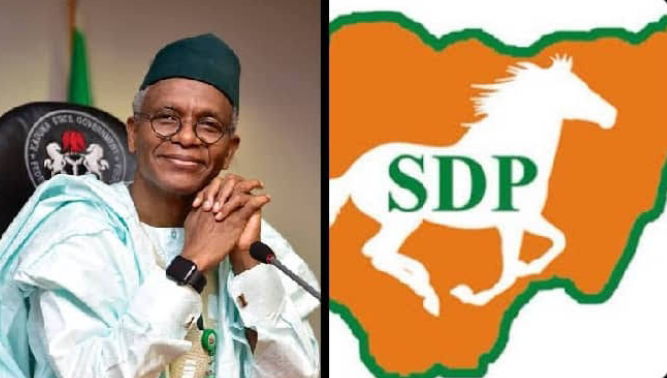New challenge for oil majors with Nigeria courts
Published on 2016 October 5, Wednesday Back to articles

Beyond attacks by militants, low crude oil prices, the lack of regulatory clarity and the inability of the government to fund its Joint Venture obligations, oil majors are now faced with the new challenge of a court action by the Nigerian government over allegations of illegally lifting 57 million barrels of crude oil. A Federal High Court sitting in Lagos on 30 September gave the Federal Government the nod to go ahead with the case after two of the companies being sued, Chevron Plc and Total Plc failed in their bid to convince the courts to stop the trial.
Justice Mojisola Olatoregun dismissed the objections of both companies saying that they lack merit. The government is being represented in the case by Fabian Ajogwu, a professor of law and a Senior Advocate of Nigeria (SAN). He is also the founding partner of law firm Kenna Partners. With over two decades of experience representing major multinational corporations, especially in energy and natural resource cases, he is now turning his experience to help the government recover an estimated US$12.7 billion from similar companies. This figure is the value of the allegedly undeclared oil taken out of the country illegally.
With the court giving the case the go ahead, 26 October has been fixed for the process to begin in what may turn out to be the most expensive trial in Nigerian courts. 10 October has been set for a trial to begin for Petrobras, Shell on 20 October, and Eni Agip on 31 October.
But the legal battle has once again raised the question of the need to install metres at Nigeria’s export terminals, as suggested by the Nigeria Extractive Industry Transparency Initiative (NEITI) in several of its reports. Past NEITI reports have always pointed out the fact that Nigeria has no accurate way of determining how much oil is being exported from the country and have always suggested the installation of metres at export terminals to be able to capture the exports of Nigeria’s crude. In January, the then acting executive secretary of NEITI, Ogbonnaya Orji accused oil majors of resisting the metering of Nigerian production and export terminals in a bid to defraud the country of billions of dollars. He alleged that royalties are being calculated based on lifting volumes rather than production volumes, thereby short-changing Nigeria.
But sources within the oil and gas sector say it is actually past governments that have resisted efforts at metering oil production and lifting in Nigeria. Norway once offered to help Nigeria install a metering system but this was said to have been resisted by members of the Nigerian government. It is not clear if this offer still stands but the current court action by the government has raised the necessity once more of having such a metering system in place. Sadly, the Buhari government has been high on rhetoric of reforming the oil and gas sector but little practical action in that direction has been made.
To get more reports on the Nigerian oil industry, political news, updates on the economy and more, why not subscribe to our Nigeria Focus or Nigeria Politics & Security publications for regular analysis sent straight to your email.



